Increasing employment of disabled people in Cambodia
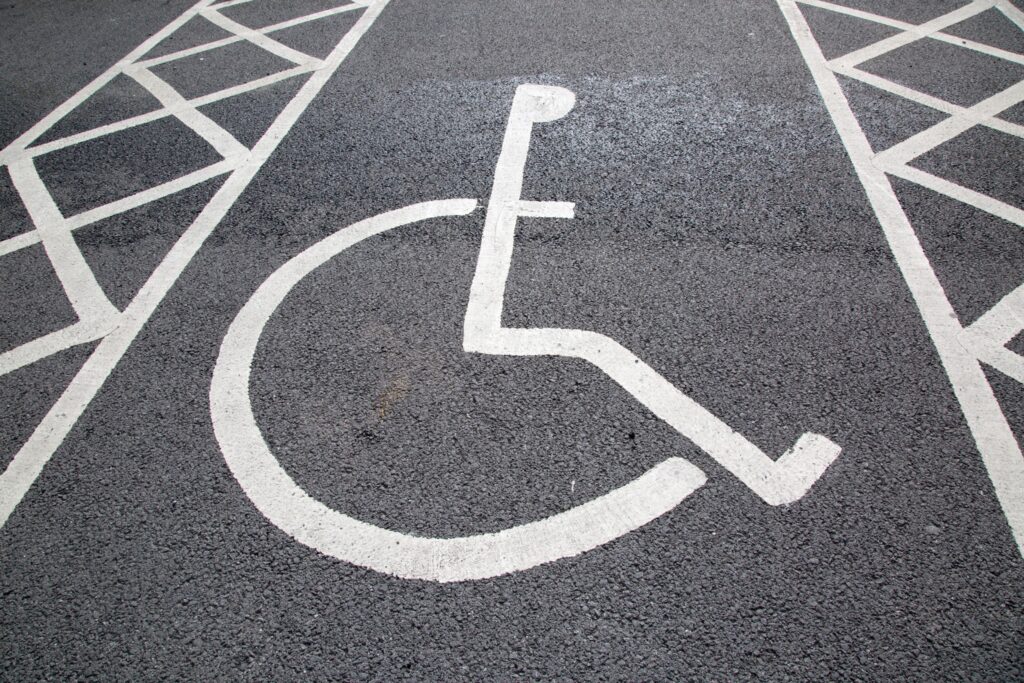
Cambodia is looking to increase the employment of disabled people, which currently number less than 1% of the workforce.
Cambodia to equip youth with skills for jobs of the future

The Minister of Education has urged all young people to learn new technology and multiple skills in preparation for the workplace of the future.
More workers continue to find employment in Cambodia

Cambodia’s unemployment rate is expected to be at 0.31% this year, which is the lowest in South-East Asia, reported the ASEAN Information Centre (AIC).
Workplaces in Cambodia told to provide more breastfeeding facilities

The government has urged all workplaces with 100 or more women employees to install lactation rooms to support breastfeeding mothers.
Cambodian businesses urged to join pension scheme
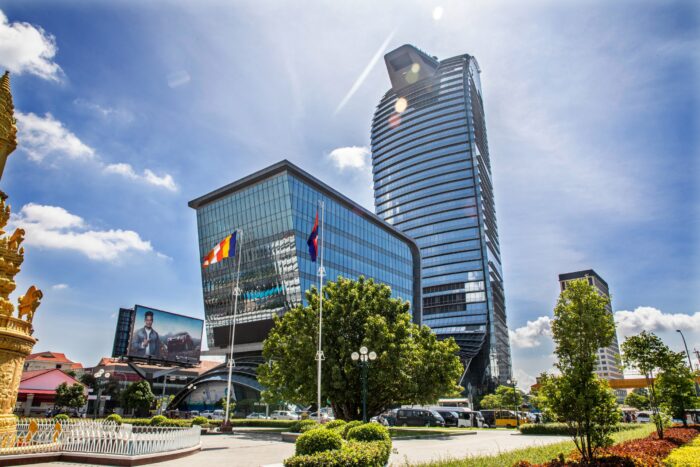
Labour bodies have called on employers who have not been registered with the National Social Security Fund (NSSF) to do so as soon as possible.
Cambodian labour unions want minimum wage hike
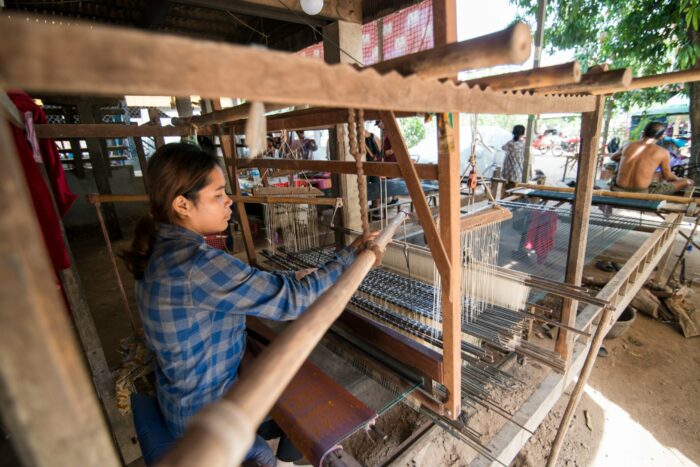
Labour unions have quoted US$204-214 as the minimum wage for the textile, garment, footwear, bags and travel goods sectors in 2023.
Cambodia prepares workers for retirement

The labour and finance ministries are set to implement a pension plan under the Labour Law that will benefit both private and public workers.
Cambodia moves to create more employment opportunities

Covering a diverse range of sectors, Cambodia has approved four investment projects slated to bring in over 2,000 jobs.
Cambodia’s women entrepreneurs contribute significantly to economy

The number of women entrepreneurs in the kingdom has steadily increased over the years and currently 60% of enterprises are owned by women.
60% of women in Cambodia are business owners
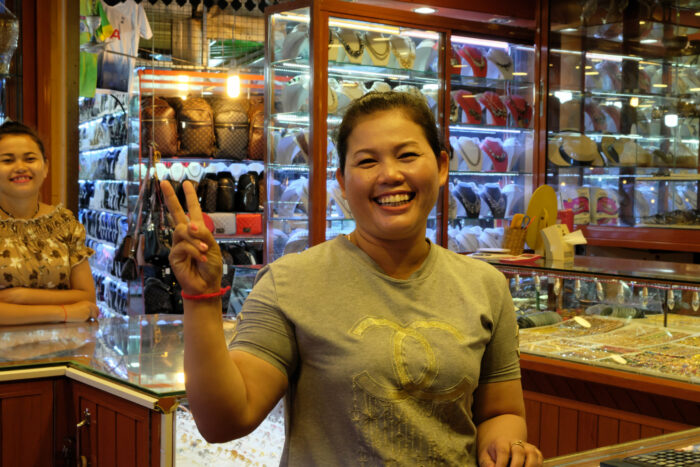
Minister of Labour and Vocational Training Ith Samheng has said that more than 60% of women in the kingdom are business owners or entrepreneurs.
Cambodia provides financial support to SMEs and the agriculture sector
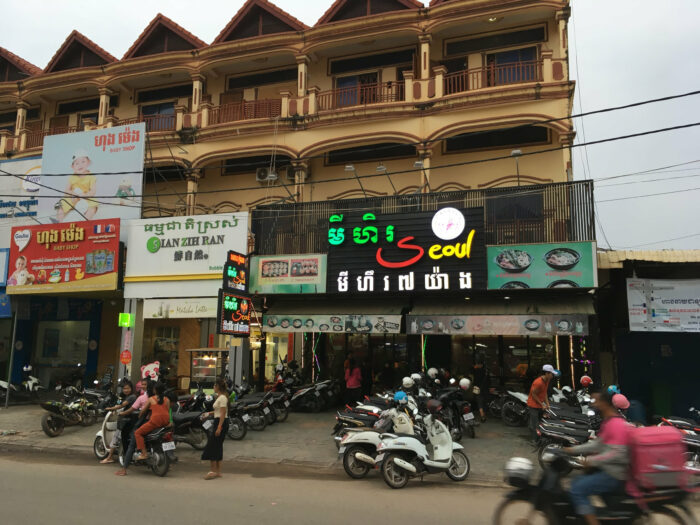
A US$100 million special emergency loan scheme will help SMEs and the agriculture and agro-industry sectors get through the pandemic.
Cambodia introduces COVID-19 protocols for businesses

These include what to do when staff test positive, how to perform risk assessment and inspections, and procedures for monitoring and evaluation.
Cambodia looks to create over 150,000 jobs through new investments

The country has approved 195 new investment projects and 43 production expansion requests that would provide more jobs.
17,202 Cambodians seeking employment
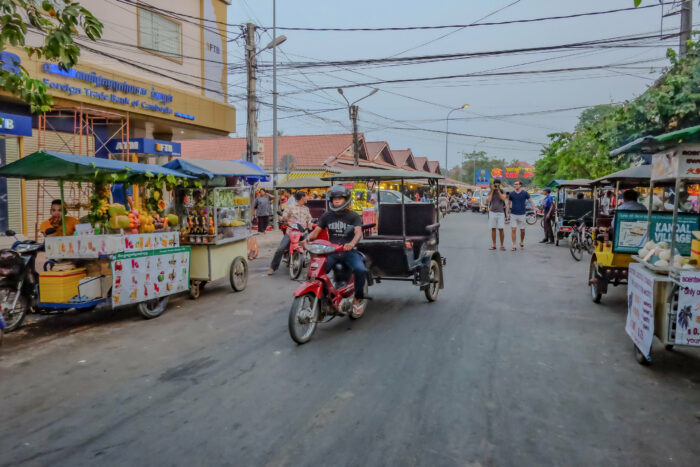
The Ministry of Labour and Vocational Training said that out of the 17,202 people searching for employment, 4,753 people were able to secure jobs.
Cambodia plans third co-financing scheme for SMEs

The government will, through the state-run SME Bank, offer US$250 million worth of loans to SMEs in the country.
Cambodia ramps up credit financing for SMEs to US$140 million
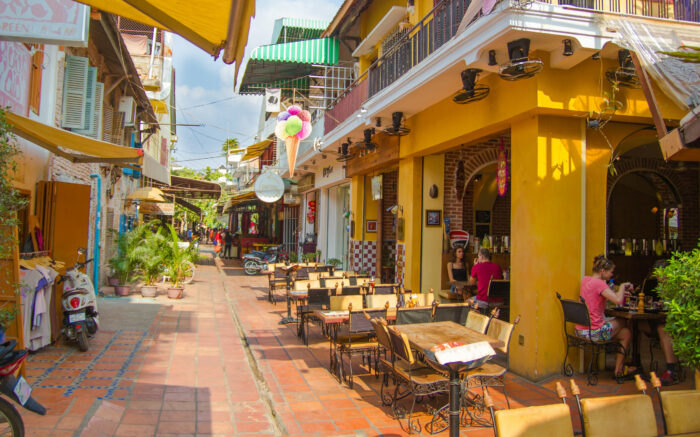
As of November 30, 790 SMEs in the country have received financial support, amounting to US$99.8 million in loans.
Cambodia to extend tax exemptions to COVID-19 hard hit sectors
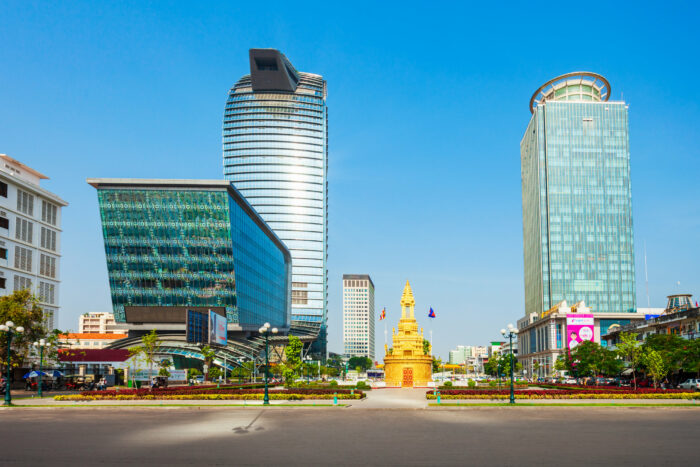
The government would continue to provide tax preferences and subsidies to industries that were impacted severely by the pandemic.
Digital literacy crucial for Cambodia’s workforce

The kingdom needs to upgrade its workforce skills, maximise youth dividend and accelerate digital transformation, said the UNDP.
Cambodia conducts rapid testing for COVID after major holiday

All public and private institutions have begun testing employees and officials for COVID-19 after the recently concluded Pchum Ben festival.
Cambodia’s minimum wage hike not enough for workers’ basic needs
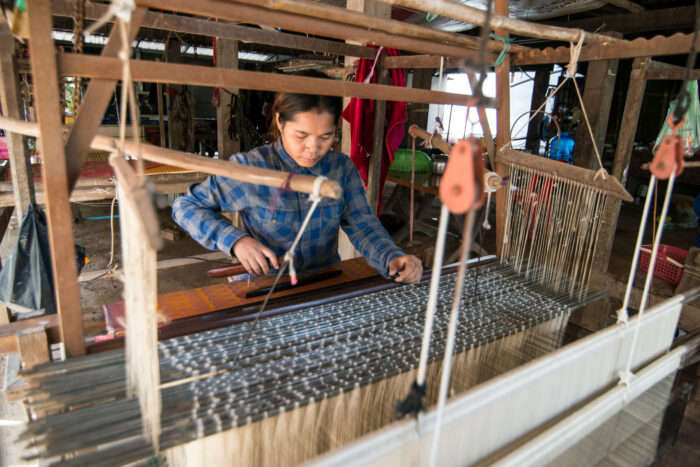
Western buyers of Cambodian apparel and footwear goods have been urged to prod suppliers towards paying a living wage to factory workers.
Employers in Cambodia urged to test staff for COVID-19 after public holiday

All employers have been told to test staff for COVID-19 after they return to work after the three-day Pchum Ben holiday or Ancestors’ Day.
Cambodia raises minimum wage for textiles and footwear workers
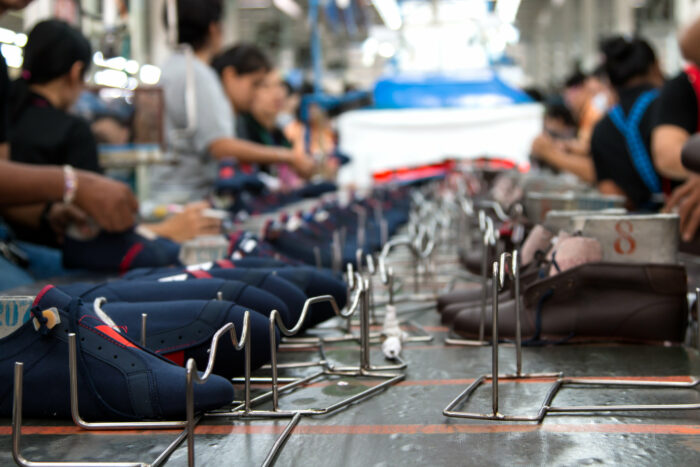
The amount is less than the US$12 hike sought for by major worker unions, and has been opposed by the Garment Manufacturers Association of Cambodia.
Tripartite bodies in Cambodia promote financial literacy and inclusion

Three organisations have banded together to launch an initiative to enhance financial literacy and inclusion among young entrepreneurs and SMEs.
Oxfam calls for equal access to maternity care in Cambodia

The NGO has called on the government to better align laws and policies in key areas such as maternity leave, as well as cash and medical benefits.
Cambodia holds talks on minimum wage
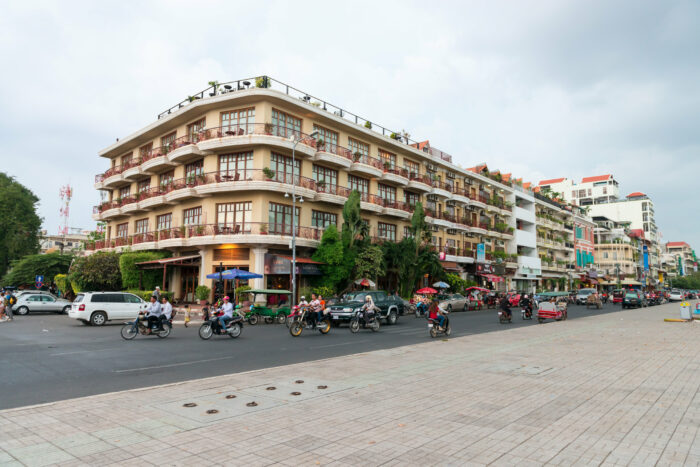
Negotiations on next year’s minimum wage for workers in the garment, textile and footwear sectors are underway.
Cambodian unions call for 11.6% increase to minimum wage
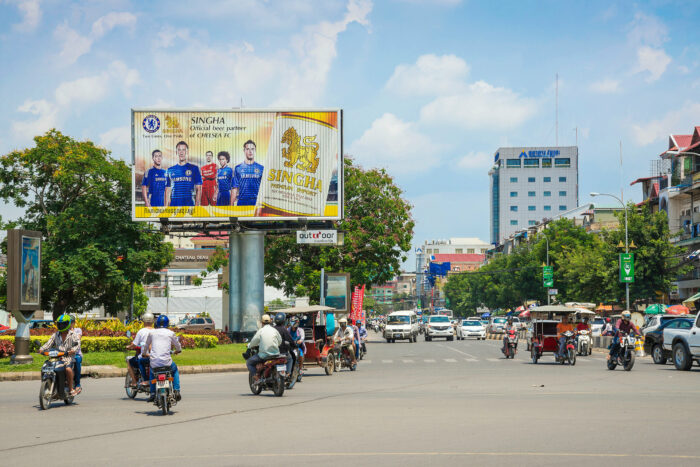
Representatives of 17 national unions have agreed to ask for a US$22.20 increase to the minimum wage for textile, garment and footwear workers for 2022.
Khmer Enterprise in Cambodia signs agreement to support SMEs
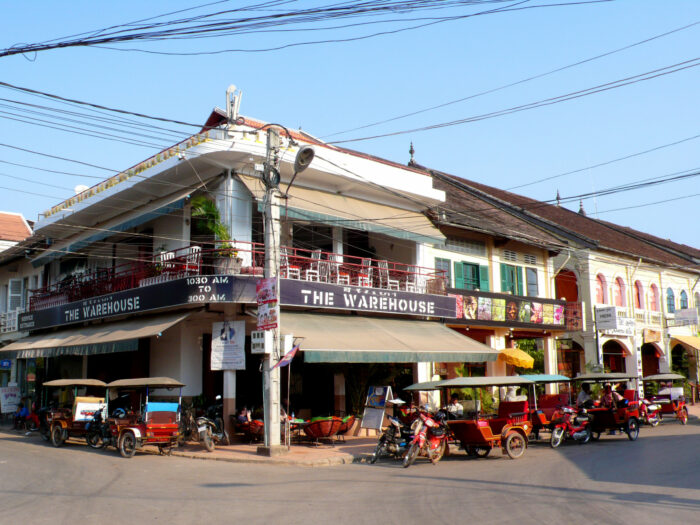
Under the agreement, SMEs and startups in Cambodia will receive support in the form of expertise and resources.
Cambodia to negotiate next year’s minimum wage
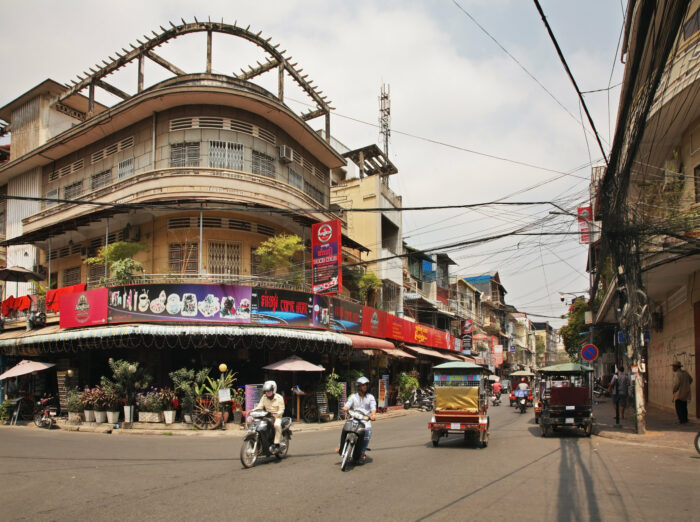
Worker unions and labour rights groups want the minimum wage to increase from US$192 to US$200 a month.
Cambodia urged to future-proof jobs with digital skills

The UNDP in Cambodia has launched the “Youth Employment Project” to upskill and/or reskill the young workforce in the country with digital skills.
Cambodia approves projects that will create 9,500 jobs
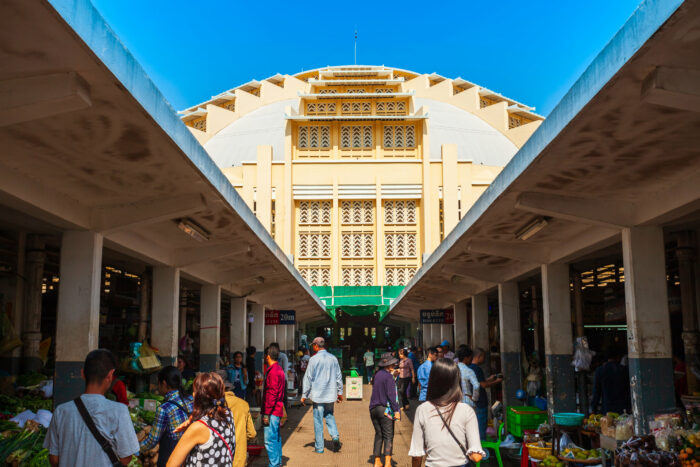
The Council for the Development of Cambodia (CDC) has approved eight new projects worth US$71.4 million expected to create over 9,500 jobs.
